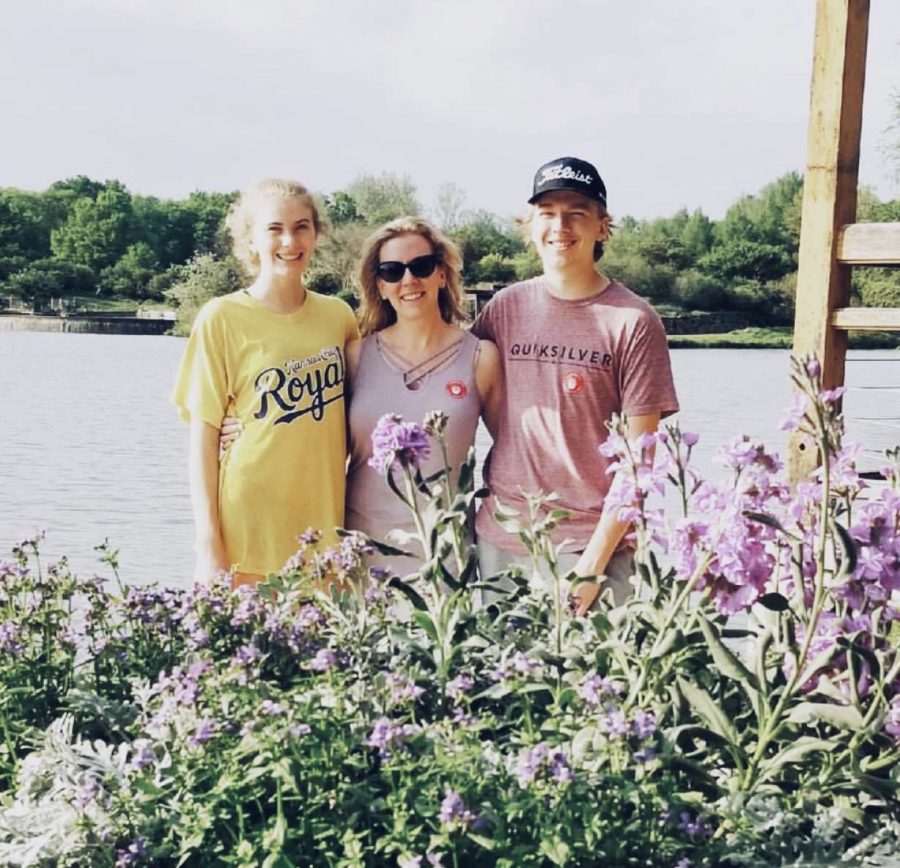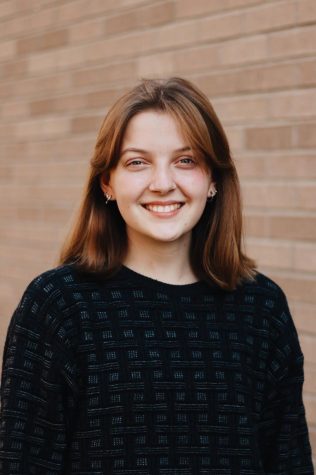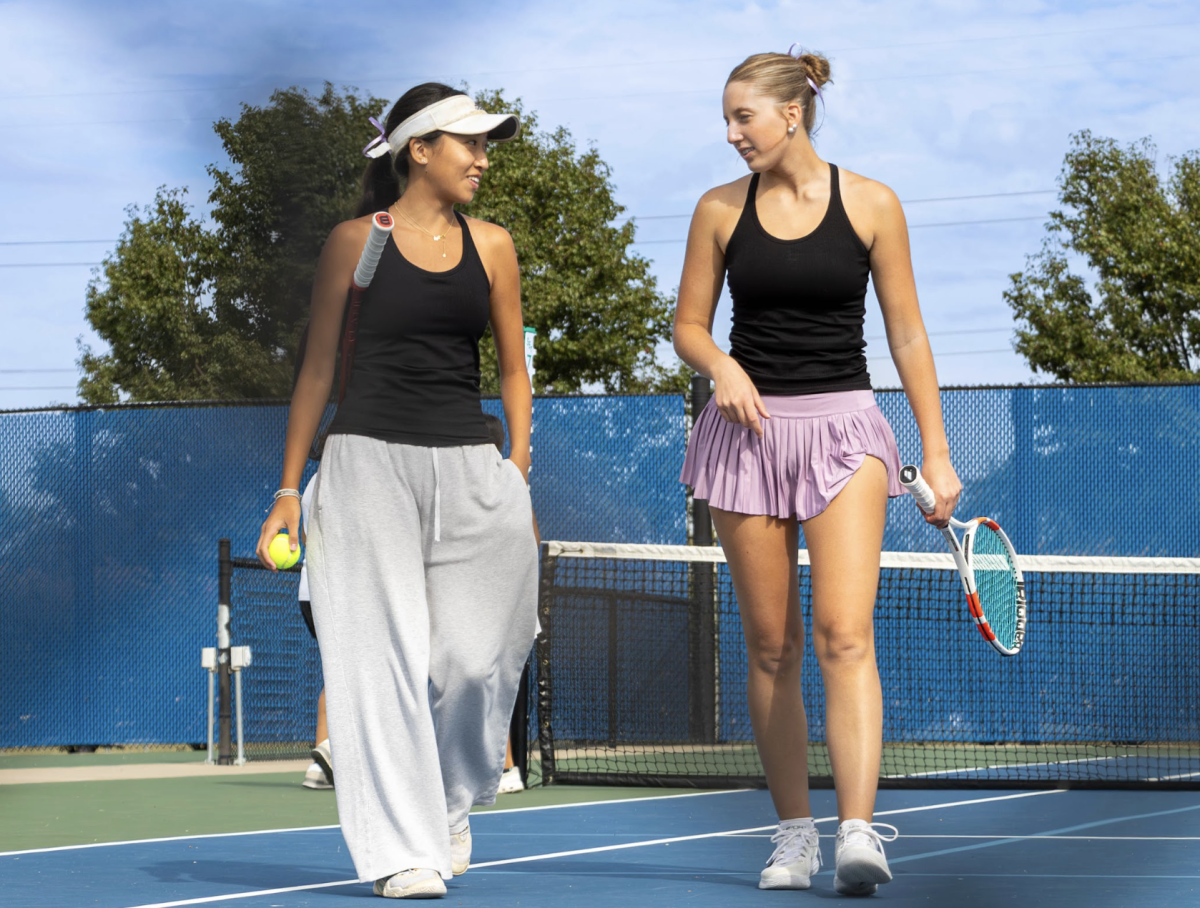BVNW mom diagnosed with COVID-19
After her return to the US with symptoms of the Coronavirus, a mother of two BVNW students is taking steps to prevent any further spread of the contracted virus.
The Malis family poses for a photo. From left to right: Audrey, Dana and Owen Malis.
March 30, 2020
COVID-19 has made its way to the BVNW community through Dana Malis, mother of senior Owen and sophomore Audrey. She was tested at the University of Kansas hospital on March 23 and diagnosed the next day.
According to Malis, her symptoms began the day after she returned from Mexico, March 20, which included body aches, shortness of breath, fever and a cough. Despite traveling abroad in the days leading to her diagnosis, she is unsure where or who she contracted it from.
“There’s no way to know where I got exposed. It could have been before I left and I didn’t know,” Malis said. “And [there is] no reason to think I got it in Mexico because there was nobody there that had symptoms either. So I really have no idea.”
Malis was on a trip to Mexico with her son on a Senior trip during Spring Break, along with a group of BVNW families relatively isolated together at a resort in Playa del Carmen. When she contacted this group with the news, the other families expressed concern for her well being, but were less concerned for themselves as no one else has shown any symptoms nor been affected by any sign of the virus. However, the group still planned to self-quarantine after their return to the US, following the CDC recommendations when traveling internationally.
In response to this diagnosis, Malis has isolated herself in her bedroom and made sure everything in her house is sanitized to prevent its spread to her family.
“I kind of holed up in my bedroom. I’ve been kind of staying away and [the kids] have been really diligent about washing down handles that I’ve touched and tried to do the things that we’re reading that we need to be doing. Keep it from spreading, and then I don’t want them to get it of course.”
Senior Owen Malis, Dana’s son, said no one else in the family has shown any symptoms, but it is more than possible any of them could be carriers of the virus. He said his mom contacting COVID-19 has especially impacted his home life, as he and his family are constantly keeping their distance from other people and preventing any possibility of contamination outside of the house.
“Although it may not affect the younger people, if they get it, you know it can go to their parents and their grandparents and that’s when the disease becomes more deadly. So I’ve just been really trying to keep my distance,” Owen said. “[Leaving the house] is not really that much of an option right now, you know, everything’s really regulated, there’s a lot of things people are unable to do that’s affecting their lives that they normally would be doing. It’s definitely an adjustment, but it’s what needs to be done right now.”
At the height of her illness, Malis said she experienced an uncomfortable sensation when she took deep breaths, body aches in her back and extreme fatigue. However, on March 29 she reported a swift recovery and improvement in both her pain and energy levels each day.
“[Shortness of breath and body aches] have really been the two main things that were kind of an issue for me, and those are both better and there’s just less fatigue,” Malis said. “You know, I was taking like two naps a day and now I’m just kind of back to my more or less normal sleep schedule.”
According to the Center of Disease Control and Prevention, Coronavirus is spread most rapidly from person to person, through respiratory droplets from a cough or sneeze. The best way to prevent its spread is by limiting exposure to other people, especially if he or she is coughing or showing other symptoms, and regularly washing your hands.
As someone with the virus, Malis advises knowing what to look for and being knowledgeable of COVID-19 is most important for preventing its spread. More information regarding the symptoms, testing and steps to protect oneself from Coronavirus is on the CDC website.







